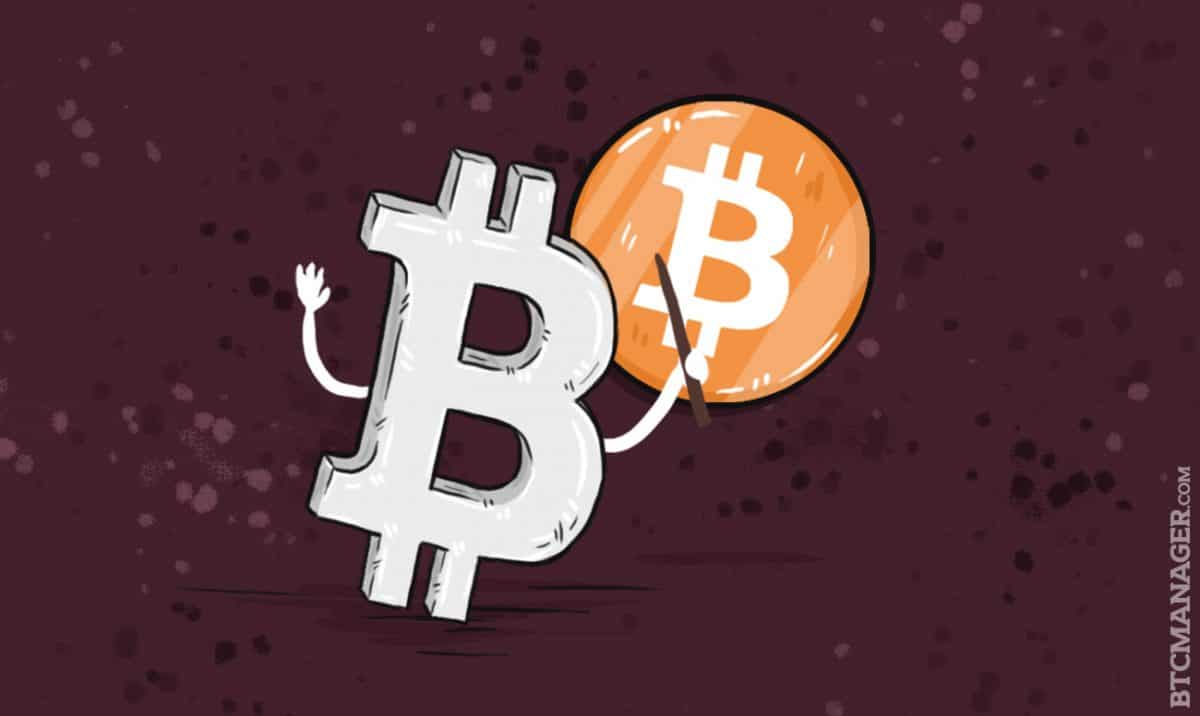Mimblewimble & Lightning Network Steal Spotlight at Scaling Bitcoin Milan

The Scaling Bitcoin conference held in Milan, Italy, explored a variety of privacy and security-focused solutions to enhance the fungibility, scalability, flexibility and overall security measures of the Bitcoin network. Amongst all presentations, two proposals that intrigued many developers, startups, and users were Mimblewimble and the Lightning Network.
The Lightning Network, simply called Lightning, is a proposal drafted by Joseph Poon and Thaddeus Dryja in early February to enable instantaneous bitcoin payments amongst bitcoin users. The draft, which had no technical structure or code, was taken over by Rusty Russel of Blockstream in december of the same year.
Since then, Lightning has become one of the most promising and anticipated projects in bitcoin, as various startups and developers began to test the technology and create Lightning-based solutions like Bitfury did with “Flare.”
So far, Lightning has proven to be the only solution capable of providing secure zero-confirmation payments while maintaining scalability without pressuring the bitcoin network. Through a series of testing periods and phases, both developers and startups in the industry have begun to realize that Lightning opens up a significant room for a new standard of bitcoin applications and platforms to enter.
For instance, a viable and practical application of the Lightning network is the creation of content sharing platforms like YouTube or Twitch using bitcoin as incentives. Pop Chest and Yours Network have introduced the concepts of bitcoin micropayments-based content sharing platforms that enable viewers to incentivize content creators in a peer-to-peer system.
Although Yours Network is developing its own bitcoin-based micropayments system, successful deployment and utilization of Lightning will allow developers to create virtually any bitcoin micropayments-based platforms and applications with the identical security measures of the bitcoin network.
Lightning received its fair share of criticisms from cryptocurrency experts like Cornell professor Emin Gun Sirer, who continues to believe that the Lightning Network is far from its implementation process and is essentially not ready for developers and applications.
“The more I hear talks about the Lightning Network, the more I’m convinced that it’s under-researched, uncharacterized, and just not ready,” wrote Sirer.
However, Bitcoin Core developer Eric Lombrozo told BTCManager in an interview that despite the criticisms, Lightning remains as the only proposal that achieves scalability while providing sufficient functionality and flexibility for developers to work with.
“Lightning is obviously a work in progress – it seems very promising, though,” said Lombrozo.
“It’s probably the only idea proposed so far that can provide secure zero-confirmation transactions and scale to a virtually unlimited number of transactions without burdening the entire Bitcoin network, at least in theory.”
More importantly, Lombrozo believes the significance of Lightning in providing a variety of tools for apps and developers goes further than just improving the efficiency of the bitcoin network. It opens a platform for previously impractical applications to become viable again in bitcoin.
“I have not seen any other proposals that can achieve this – and without these things, Bitcoin will not be practical for many use cases, such as instant micropayments,” he explained.
Andrew Poelstra, the original author of privacy-focused proposal Mimblewimble, told the crowd at Scaling Bitcoin that it is technologically possible to have Lightning Network operating on top of Mimblewimble, which would provide more privacy and increased scalability for micropayments.
Because Mimblewimble operates on a CoinJoin-like mechanism, in the sense that it combines inputs and outputs of different transactions while removing historical transactional data, it eliminates a substantial amount of information embedded into each micropayment in Lightning. Thus, making bitcoin micropayments on Lightning faster, more secure, and private.














